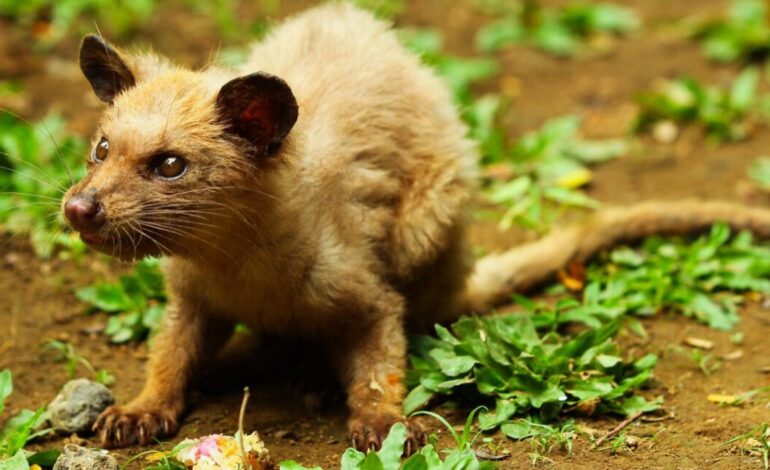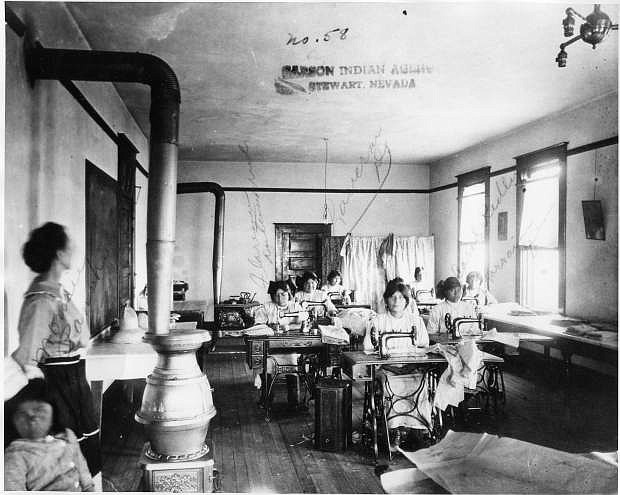New Study Reveals Unique Chemistry of Kopi Luwak Coffee

A recent study published in Scientific Reports has shed light on the unique chemical composition of kopi luwak, a coffee that can fetch prices between $45 and $590 per pound. Unlike conventional coffee, kopi luwak is produced from beans that have passed through the digestive systems of Asian palm civets. The findings aim to clarify the beverage’s distinctive qualities and address concerns about counterfeit products in this lucrative market.
Kopi luwak, featured in films such as The Bucket List, is often described as one of the world’s most expensive coffees. Critics have disparaged its flavor, with one food critic from the Washington Post likening it to “petrified dinosaur droppings steeped in bathtub water.” Despite such reviews, many enthusiasts argue that the coffee possesses a unique aroma and taste, a claim supported by this latest research.
The study focused on kopi luwak produced in Kodagu, a region in India responsible for nearly 36 percent of the country’s coffee production. Researchers collected 68 fresh civet scat samples from five different sites during peak harvesting in January 2025. By analyzing these samples, the team aimed to fill a gap in understanding the chemical properties of civet coffee from the Indian subcontinent.
Understanding the Processing of Kopi Luwak
Kopi luwak is not a specific bean variety but rather a processing method. Civets consume ripened coffee berries, which ferment as they pass through their intestines. The beans are then excreted, collected, and processed to produce the final product. This fermentation process is crucial, as it alters the beans’ chemical structure, resulting in different flavor profiles compared to standard coffee.
In their analysis, researchers compared civet-excreted beans with manually harvested Robusta coffee berries. The team meticulously washed the scat samples to eliminate contaminants and ensure only the coffee beans remained. They then prepared the beans for chemical testing without roasting them, as roasting could significantly change their acidity and chemical composition.
The findings revealed that civet coffee beans had higher fat levels, particularly compounds influencing aroma and flavor, such as caprylic acid and methyl esters. These compounds contribute to the distinctive characteristics of kopi luwak. Additionally, the beans exhibited lower levels of caffeine, protein, and acidity, potentially reducing bitterness. Researchers noted that the lower acidity likely resulted from the natural fermentation occurring in the civet’s digestive tract.
Implications for the Coffee Industry
The study highlights significant differences between civet coffee and conventional varieties, primarily due to the fermentation process. Researchers advocated for additional studies involving roasted samples and various coffee types to further explore the influence of ecological conditions, such as canopy cover and the presence of wild trees.
The market for kopi luwak continues to thrive, with established demand in several South and East Asian countries, as well as growing interest in Europe and the United States. India has emerged as a new market for this luxury coffee, yet concerns remain regarding the ethical treatment of civets and the prevalence of counterfeit products.
By enhancing understanding of kopi luwak’s chemistry, this research could help combat the counterfeit trade while encouraging more humane farming practices. As the coffee industry evolves, ongoing studies will be pivotal in ensuring quality and sustainability in this unique segment of the market.






